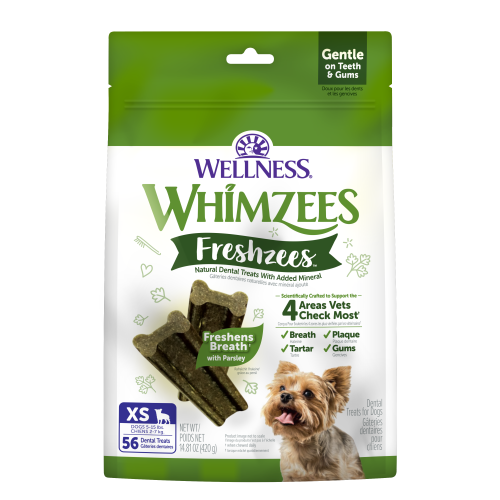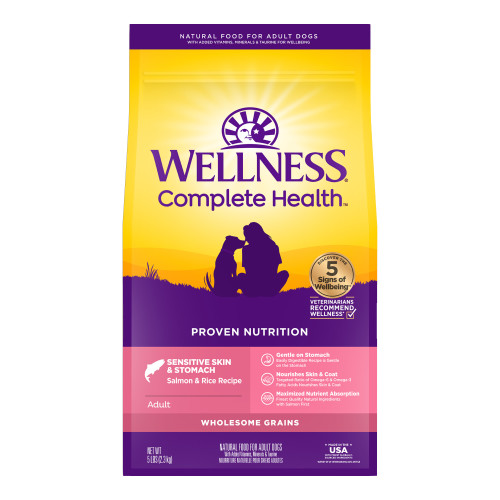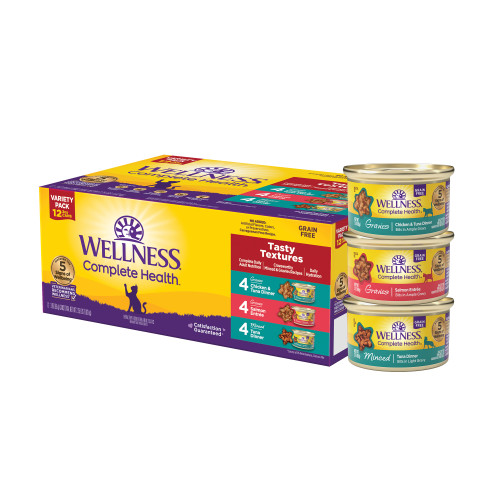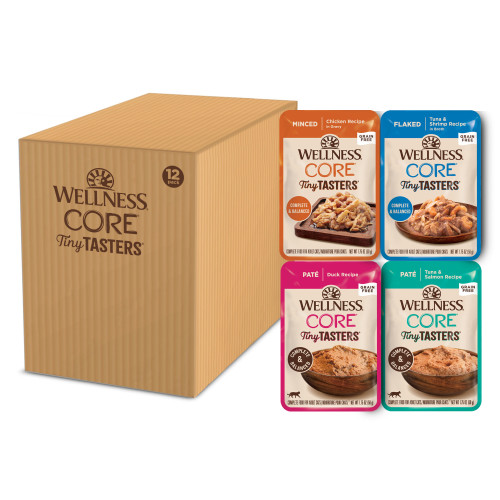January 19, 2023
What Supplements Should You Give Your Dog?
What Supplements Should You Give Your Dog?
What supplements should I give my dog?
As a pet parent, you want to do your best to ensure that your pup has all the nutrients it needs to be healthy and happy. This might lead you to wonder, “Should I give my dog supplements?” and, if so, “What supplements should I give my dog?”
In this guide, we are here to help you understand the role supplements play in a dog’s diet and what type of supplements might be right for your furry family member. Let’s take a look.
Does My Dog Need A Supplement?
Home-cooked or raw diets for dogs can end up unbalanced if not done correctly. Those imbalances can potentially lead to longer-term health impacts, making supplements especially important to ensure all the nutrients, vitamins, and minerals are perfectly balanced for your dog’s wellbeing. But what if you feed your dog commercial kibble or wet pet foods? The Association of American Feed Control Officials (AAFCO) sets strict regulations around balancing vitamins, minerals, fats, proteins, and carbohydrates specific to a dog’s life stage. These regulations ensure that recipes deliver complete and balanced nutrients that meet all the daily needs of our pets and help them thrive.
However, even with well-balanced meals, supplements can contribute to the holistic care of your pup. While not all dogs require a supplement to ensure that they receive balanced nutrition, for certain health concerns, some extra support can aid overall wellbeing to ensure every pet is healthy and happy. Examples include joint and mobility, digestive health, skin and coat, or calming and immune support.
It is always good to check with your veterinarian or animal nutritionist before starting any supplements to ensure that they are suitable for your pet. Whether your dog is already receiving a complete and balanced diet with all essential vitamins and minerals or has an underlying medical concern, a professional opinion can help you stay on the right path.
Should You Give Your Dog Supplements?
Now that you understand how supplements can help, you might still wonder whether or not you should give your dog supplements.
When considering supplements for your dog, make sure you take into account:
- Stress and anxiety: Does your pup suffer from anxiety? If so, a calming supplement scientifically formulated to support relaxation, calmness, and composure might be a good addition to its daily care.
- Digestive health: Does your dog have issues with digestion? Supplements supporting digestive health can be a perfect pick. Even without active digestive issues, there’s always an opportunity to support your dog’s normal bowel function, healthy gut flora, and immune system.
- Current physical needs: Look for supplements that are scientifically formulated to support specific physical needs your dog may have, including healthy hip and joint function, overall skin and coat health, and more.
- Genetic predisposition: Be sure to think ahead, too. Many dogs are predisposed to skin issues, joint and mobility concerns, and other conditions where a supplement might be able to proactively prevent problems down the road.
- Dosage: When feeding your dog a supplement, it is important to pay careful attention to dosage recommendations based on your dog’s weight and other factors. Follow feeding guidelines and remember to calculate the nutrients your dog is already receiving from its kibble along with the supplement.
If you have specific questions or concerns about feeding your dog a supplement — such as particular health issues, allergies, or lifestyle factors — then chat with your vet to see if a supplement could prove helpful. Your vet can tell you what will be best for your dog and direct you to a healthy, safe supplement that is the right match for your dog’s breed, weight, age, and size.
What Health Supplements Should You Give Your Dog?
Every dog is always a little bit different, but there are common upsets that many face. Additional support for sensitive dogs and those suffering mild ailments can be key to helping their overall health.
With such a wide range of different supplements available, it can be difficult to know what might be required for your pet’s daily regime. Below are some of the common supplements available and how they can benefit your dog.
Hip & Joint Mobility Supplements
It is estimated that 1 in 5 dogs suffer from joint and mobility concerns. Boosting their daily care with an added hip & joint supplement can help keep dogs moving and minimize mild joint pain and discomfort.
Look for ingredients like glucosamine hydrochloride, chondroitin sulfate, and green lipped muscle to help keep joints healthy, along with added collagen to support connective tissues. Additionally, omega fatty acids can help deliver a normal inflammatory response that helps ease joint stiffness, while balanced calcium and phosphorus promote bone health.
Relaxation & Calming Supplements
A recent study showed that up to 72% of dogs suffer from at least one anxiety-related behavior concern. If this sounds like your dog, adding a relaxation support can be key to easing their mild behavior and anxiety concerns.
Among the hemp-free supplements available, look for those formulated with L-theanine, L-tryptophan, GABA, chamomile, and ginger root, to help support relaxation and calming.
Also, many dogs with an anxiety concern often show signs of a stressed digestive system. Choosing a supplement with added prebiotics and probiotics can help support a healthy microbiome, healthy digestion, immune health, and overall wellbeing.
Immune & Allergy Supplements
Keeping our dogs healthy and happy is a top priority for many pet parents, so when it comes to preventative health, immune support is key. With 70% of a dog’s immune cells located in the digestive system, an immune supplement made with prebiotics and probiotics will not only support a healthy gut but also immune health.
Look for antioxidants, including those from natural sources like a berry blend, along with omega fatty acids and mushrooms to support both immune health and skin and coat health to additionally support pets with seasonal allergies.
Digestive & Probiotic Supplements
Every pet parent has seen their dog experience a digestive upset in one form or another. However, some dogs can be a little more sensitive and require additional digestive support.
For digestive health support, look for prebiotics & probiotics that support intestinal bacteria, digestive health, and normal bowel function. Ginger root is another great ingredient to support gut health function, while calming ingredients like pumpkin, coconut, and apple can help keep your dog’s guts healthy.
Skin & Coat Supplements
A healthy skin and shiny coat are one of the best ways to see your dog’s health every day. For some dogs with mild upsets or itches, adding in a skin and coat supplement can help keep their coat healthy and looking its best.
When selecting the right supplement for your dog’s skin and coat, look for omega 3, 6, and 9 fatty acids to support a normal inflammatory response, zinc and biotin for skin health, and prebiotics and probiotics to support their microflora, overall immune health, and wellbeing.
For pet parents focused on ensuring their beloved furry family members have all the nutrition they need to remain healthy, Wellness Pet is here to support you. Take a look at our lineup of natural dog foods packed with the nutrition your pup needs, and choose from our lineup of quality dog supplements to contribute to your dog’s whole well-being.





